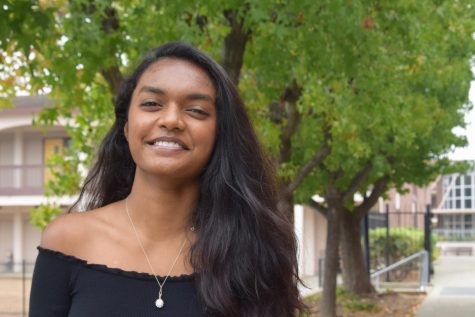ach year, four to six teachers from across the nation are selected by the Mount Vernon Teacher Fellowship program to research and create lesson plans regarding a specific historical topic. This year, MVHS U.S. and AP U.S.History teacher Bonnie Belshe was chosen as one of these teachers, referred to as fellows. She will spend three weeks in Mount Vernon, Virginia — the historical home of George Washington — and use resources from the Washington Library to help her research and create lesson plans that will allow schools around the nation to integrate women’s history in the American Revolution and New Nation eras into their curriculum.
For one and a half weeks this summer and two weeks during the summer of 2018, Belshe will have the opportunity to live in Mount Vernon, 150 feet away from the Washington Library — where she will be conducting her research on these two topics. Belshe will be researching women during the American Revolution, using the first First Lady, Martha Washington, as a case study. She will be focusing specifically on the topics of Republican motherhood and colonial family ethic. Republican motherhood was a term coined in the New Nation era, as the new nation was being founded right after the American Revolution.
“It was the idea that women’s roles as mothers were to raise their daughters to be good citizens,” Belshe said. “But [also] to raise their sons to be good citizen constituents.”
Following the idea of Republican motherhood, the role of women to educate their children was important to have well-educated populace, which would lead to well-educated voters. Their job as mothers was to instill patriotic and democratic values into their children. Although women at the time had no political voice, they were still important in society.
Colonial family ethic was the idea that the roles of women and men were complementary to each other. The husband and wife were referred to as “helpmates,” according to Belshe, because each carried out tasks that helped the other. The women were in charge of domestic household chores, while men were in charge of supporting the family.
“It was the status quo in American colonies for how families were designed and organized together,” Belshe said.
“I’ll actually get to hold and look at the primary sources,” Belshe said. “They have Martha Washington’s diaries and letters, so [I get to] do all sorts of history nerd fun research.”
Belshe will use these sources to write lesson plans, which the George Washington’s Mount Vernon organization will then publish so that it can be integrated into curriculums across the nation. She believes that these fields of study are extremely necessary in history today.
“It’s important to learn about women’s history, period,” Belshe said. “Women are half the population.”
According to Belshe, curriculums tend to look at the perspective of white men in history as a default, but she believes this needs to change.
“We need to get past the idea that there is a central point of view… in history, and that everything else is an offshoot that circles around it,” Belshe said. “Everything is a perspective, and everything is a point of view.”









